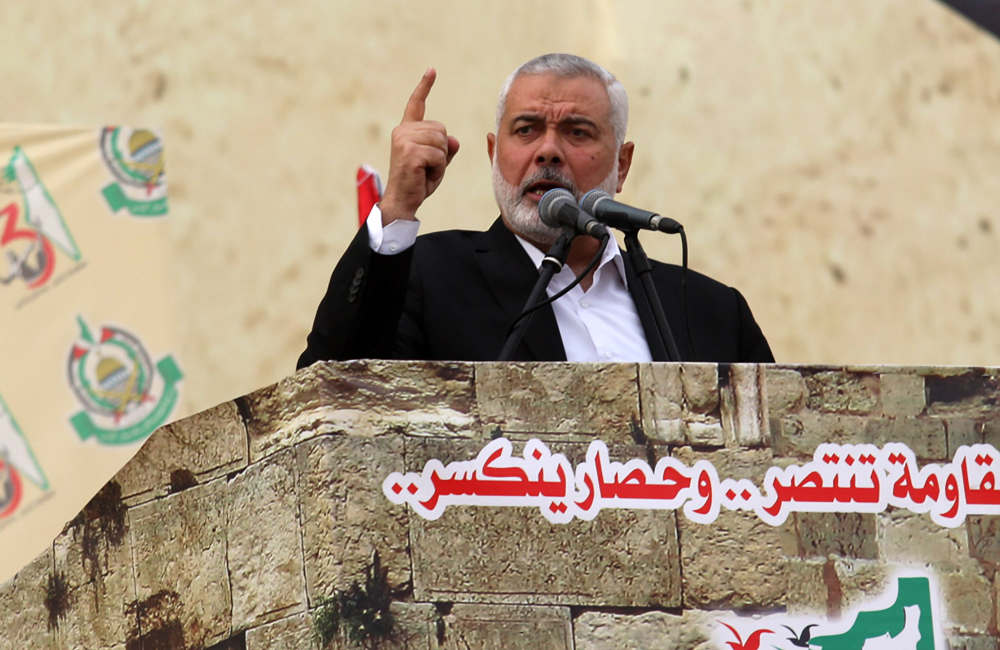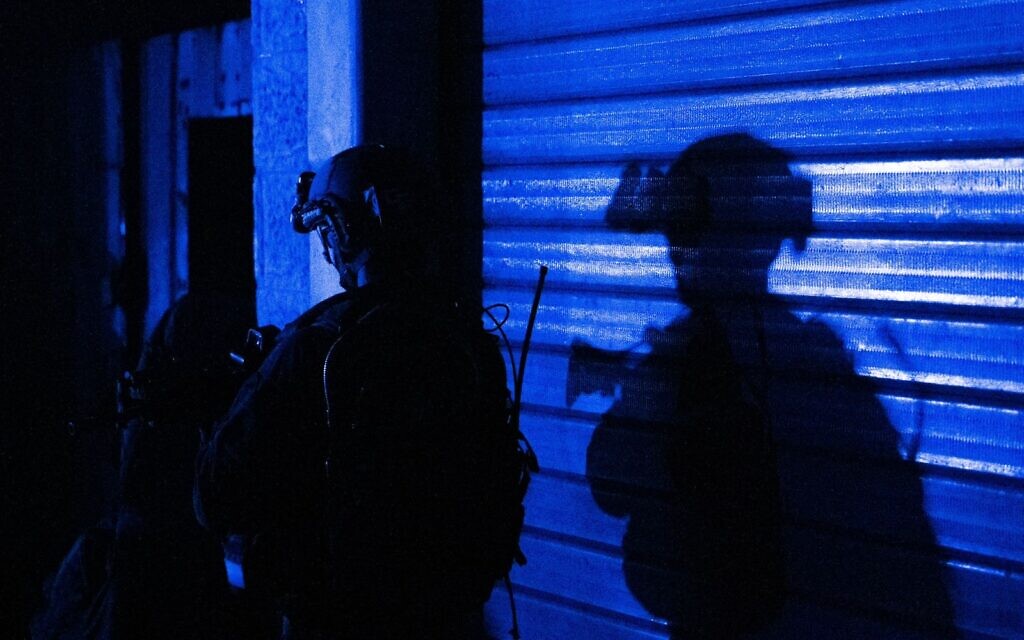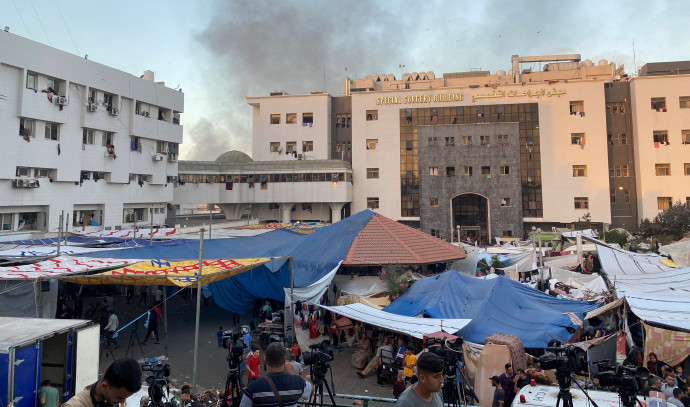Sixties Fan
Diamond Member
- Mar 6, 2017
- 58,244
- 11,051
- 2,140
- Thread starter
- #1,881
Follow along with the video below to see how to install our site as a web app on your home screen.
Note: This feature may not be available in some browsers.
Unlock unbeatable offers today. Shop here: https://amzn.to/4cEkqYs 🎁


4. And We conveyed to the Children of Israel in the Scripture: You will commit evil on earth twice, and you will rise to a great height.
5. When the first of the two promises came true, We sent against you servants of Ours, possessing great might, and they ransacked your homes. It was a promise fulfilled.
6. Then We gave you back your turn against them, and supplied you with wealth and children, and made you more numerous.
7. If you work righteousness, you work righteousness for yourselves; and if you commit evil, you do so against yourselves. Then, when the second promise comes true, they will make your faces filled with sorrow, and enter the Temple as they entered it the first time, and utterly destroy all that falls into their power.
8. Perhaps your Lord will have mercy on you. But if you revert, We will revert. We have made Hell a prison for the disbelievers.
Most scholars believed that the first corruption of the Children of Israel passed and ended a long time ago, and that the second corruption is what we are experiencing now with the Zionist occupation of the lands of Palestine and the corruption and destruction of the crops and offspring associated with it, and that the Muslims are the ones who will disgrace the faces of the Jews, and will enter Al-Aqsa Mosque as they entered it the first time.
Most scholars held that the second corruption of the Children of Israel is the Jews’ current occupation of the land of Palestine and their corruption therein, and Sheikh Metwally Al-Shaarawi followed this opinion in his interpretation, as he affirmed that the second corruption of the Children of Israel is “what we are dealing with now, where the Jews will gather in one homeland to fulfill the promise so Allah may eliminate them... This is what is meant by the Almighty’s saying: “When the promise of the Hereafter comes, We will bring you in a group” [Al-Isra: 104], meaning: gathering some of you together from various countries, and this is what is happening now on the land of Palestine.





